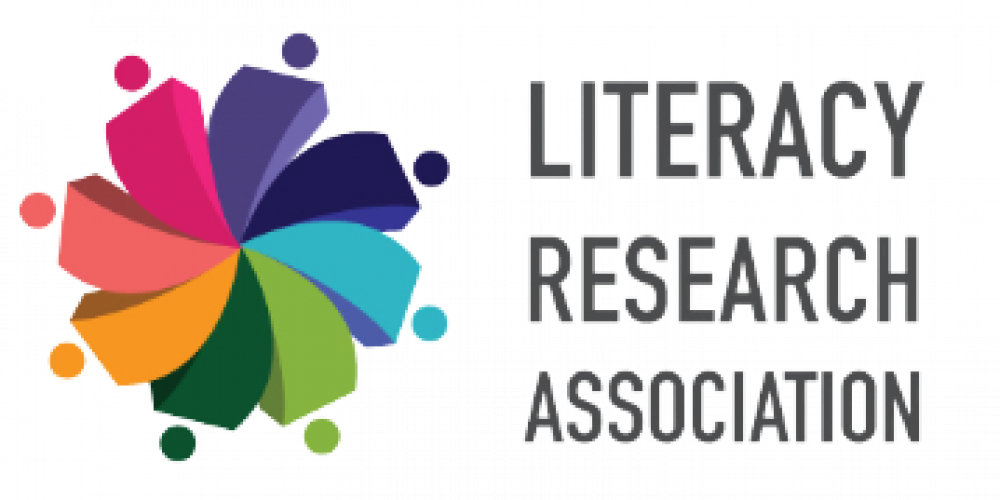Make your voice heard – Write for Critical Conversations in Literacy Research & Education
Critical Conversations publishes content that seeks to create a space for researchers, students, and educators to share their narratives to promote an inclusive and equitable teaching, learning, and working environment for all. We are a fast-tracked, peer-viewed content provider that raises voices across literacy research and literacy learning and teaching. It’s not a blog. It’s something new from the Literacy Research Association. We are leveraging the medical journal model, which provides a shorter paper style (2,000 words maximum). However, we want to do more than that. We want to expand this concept to include other forms of expression, such as art, music, video, and audio, just to name a few. The possibilities are limitless. We are holding space for you. We publish content that aligns with at least one of our four pillars: Education: We believe in literacy learning and teaching across multiple modalities with versatile pedagogical skill sets. Research: We believe in the systematic investigation into and study of materials and sources, as well as groups of people, to establish facts and reach new conclusions. Equity: We believe in fairness across identity, recognize the historical and contemporary marginalization and erasure of some instead of others, and aim to intentionally include diverse voices.. Solidarity: We believe in unity and community support when working toward common interests. LRA accepts and will advance for review publications that are multimodal in content, critical and progressive in tone, and support both traditional and non-traditional diverse audiences. We strive for a peer-review process that is open and collaborative. The reason for a rigorous review process is to elevate the value of these publications for authors and the field. Our goal is to hold space and amplify a collective voice, not serving as gatekeepers of the ideas of others. Our collaborative review process at LRA takes place in a Google Doc. Once you have completed your manuscript and have that Google Doc ready to share, please complete the form below. You also can reach out to the editors at write@literacyresearchassociation.org to informally discuss submissions.




